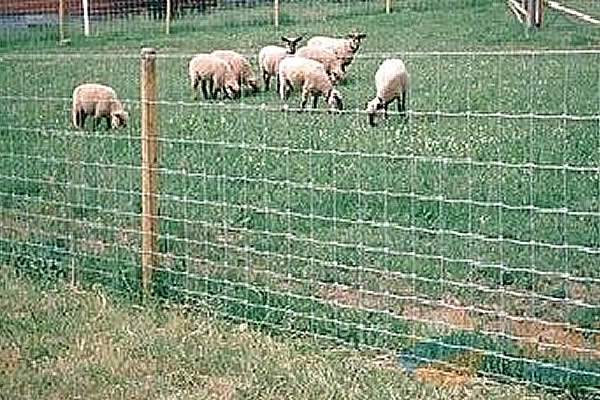 TEL:
+86-13102802206
TEL:
+86-13102802206
 Email:
fencenetting@china.com
Email:
fencenetting@china.com
 Language
Language
 TEL:
+86-13102802206
TEL:
+86-13102802206
 Email:
fencenetting@china.com
Email:
fencenetting@china.com
 Language
Language


The Versatility and Benefits of Welded Barbed Wire Fencing
In the world of fencing solutions, welded barbed wire fences have emerged as a reliable and effective option for both agricultural and security applications. Combining durability with practicality, these fences serve multiple purposes, including livestock management, property demarcation, and enhanced security. Understanding their construction, benefits, and applications can offer insights into why they have become a popular choice for various landowners and businesses.
Construction and Design
Welded barbed wire fences are constructed using high-quality steel wires that are welded at their intersections. This design creates a stronger and more robust structure compared to traditional barbed wire, which typically relies on twisting wires together. The integration of sharp barbs at regular intervals along the wire adds an additional layer of security by deterring intruders, whether they are human or animal.
The fencing is typically supported by sturdy posts made from wood, metal, or concrete, ensuring stability and longevity. The height and spacing of the wires can be customized to meet specific needs, making welded barbed wire fencing adaptable to various environments. Moreover, the galvanized finish often applied to the wires helps resist rust and corrosion, extending the lifespan of the fence.
Benefits of Welded Barbed Wire Fences
1. Durability and Strength One of the primary advantages of welded barbed wire fencing is its strength. The welded joints create a more rigid fence that is less likely to sag or break. This durability is particularly beneficial in areas with harsh weather conditions or where there is significant wildlife activity.

2. Cost-Effectiveness While initial installation costs may be higher than some alternatives, the long-term savings associated with reduced maintenance and replacement make welded barbed wire fences a cost-effective choice. Their longevity means lower overall expenses over time.
3. Security The presence of barbed wire serves as a strong deterrent against trespassers. This fencing is often used around properties that require heightened security, such as farms, industrial sites, and military installations. The difficulty of climbing over or cutting through welded barbed wire adds a significant layer of protection.
4. Versatility Welded barbed wire fences can be used in a variety of settings. Farmers use them to keep livestock contained, while property owners might install them to protect their land. Additionally, these fences find applications in construction sites, airports, and other secure areas.
5. Low Maintenance Once installed, welded barbed wire fences require minimal upkeep. Occasional inspections to check for damage or loosened wires are typically sufficient to maintain their effectiveness. Their resistance to rust and corrosion further contributes to lower maintenance efforts.
Applications
Welded barbed wire fencing is employed in several sectors. In agriculture, it plays a critical role in managing livestock and preventing animals from straying into dangerous areas. In urban settings, it can outline property lines and deter vandalism or theft. Furthermore, industries often rely on such fencing to protect valuable assets and ensure safety.
In conclusion, welded barbed wire fencing represents a practical solution for those looking to protect their property, manage livestock, or enhance security. Its combination of strength, durability, and cost-effectiveness makes it a preferred choice for a wide range of applications. As the demand for reliable fencing solutions continues to grow, welded barbed wire fencing is likely to remain a popular and trusted option among landowners and businesses alike.